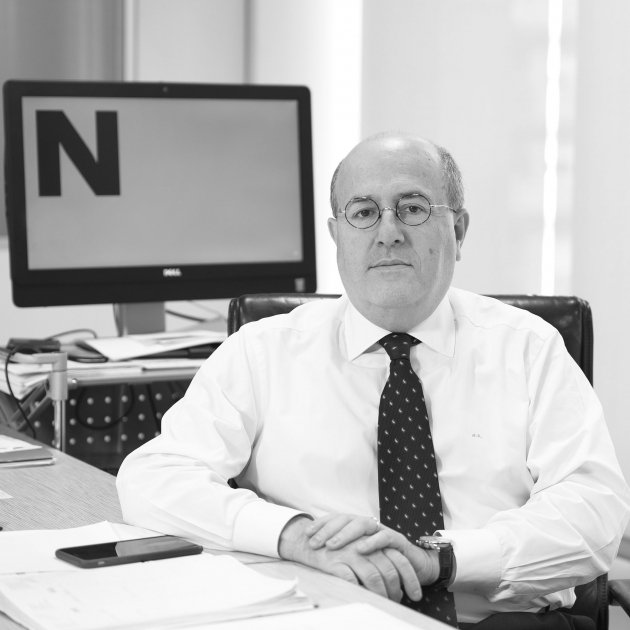The great legal and political farce put together by the Spanish state claiming that Catalonia had seen a coup d'état like the attempt in Madrid led by soldiers on 23rd February 1981 and that, as a result, its most senior political and social leaders had to be tried and sentenced for the crime of rebellion has this Thursday suffered a definitive blow from the German justice system via the higher regional court of Schleswig-Holstein. President Carles Puigdemont won't be extradited by German authorities for rebellion since this part of the court's decision cannot be appealed. Now starts a months-long process in other higher German courts, including the federal constitutional court, in which the parties will be heard and it will be decided whether to uphold or not the extradition for misuse of public funds agreed initially by the judges of Schleswig-Holstein.
The victory of the arguments defended by Carles Puigdemont's legal team is important; the defeat of judge Pablo Llarena is too. The whole legal structure supposedly reinforced by unreal and untenable rulings has been smashed to pieces. It can be said louder, it can be covered up, warm towels can be put on the injuries, but Spanish justice being sent reeling by its German counterpart, as it had been sent reeling by the Belgian and Swiss systems, and, foreseeably, the United Kingdom will do, should make blush all those who, from the judiciary, politics or the media, have spread rhetoric aimed at creating hate between citizens for a handful of votes or for a badly-understood defence of the unity of Spain. The strategy of internationalising the legal conflict through the members of the Catalan government fired by article 155 of the Constitution now in exile has been shown to be correct.
The decision by the Schleswig-Holstein court cannot be more clarifying. The resolution includes two hard-hitting quotes: "The court declares inadmissible extradition for the charge of rebellion. The actions former president Puigdemont is accused of do not constitute either the German crime of high treason (article 81 of the Penal Code) nor that of breach of the peace (article 125 of the Penal Code)". And, at another point, it concludes: "The 1st October referendum by itself did not reach this level of violence, because it couldn't lead directly to the separation of Spain and, according to the intentions of the suspect Puigdemont, was only to have been the prologue to further negotiations".
It's to be hoped that judge Pablo Llarena will take note, public prosecutors too. Can the accusation of rebellion be maintained come hell or high water only for exclusively political reasons and without even one of the courts of the European states where there are exiles having considered the existence of the crime credible? Logically, now the accusation of rebellion president Puigdemont could have been tried for in Spain has fallen away, a domino effect should take place for the political prisoners in Catalonia. Firstly, for the three pro-independence leaders in prison only for the charge of rebellion, which is the case for former Parliament speaker Carme Forcadell, former ANC president and Parliament deputy Jordi Sànchez and the president of Òmnium Cultural, Jordi Cuixart. None of the three are accused of misuse of public funds and, as such, it doesn't make sense for them to remain in prison. With regards to the other six - Junqueras, Turull, Rull, Forn, Romeva and Bassa - the crime of misuse of public funds would remain, something which in no case justifies pretrial detention.
We can trust that if Llarena doesn't take this path it's because public prosecutors have pressured him. He has plenty of mechanisms, and legal arguments and verdicts from other European courts. Another possibility which cannot be absolutely discounted is that the judge could withdraw the extradition warrant given the humiliation suffered which would allow the Spanish justice system and prosecutors to keep their heads in the sand, without accepting the legal consequences of the defeat.
The enormous error of Felipe VI's televised speech on 3rd October last year with serious accusations that the Catalan government had placed itself outside of the law and democracy looking for something similar to his father's speech in 1981 is left for some future article. The king distanced himself from Catalan society, who knows if irreversibly so, and emboldened those who were speaking of a coup that didn't exist. That speech is one for the archives: it's the image of how the monarch and the crown entered into the fray of the political battle and did themselves great harm. The Spanish monarchy is facing more questions than ever and Juan Carlos I's past and allegations of corruption are back in the spotlight. The cracks in the fabric of the Spanish state are starting to be enormous.
